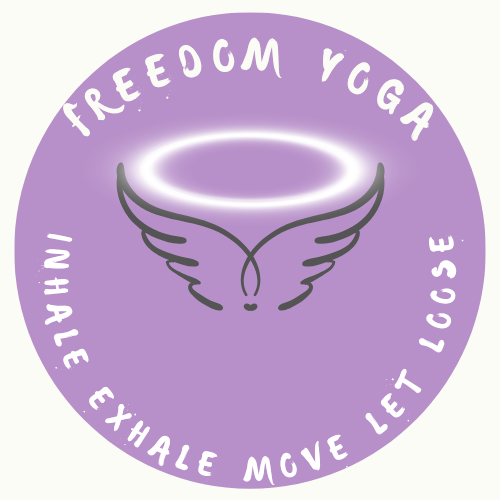How yoga can improve sleep, might be a surprise to some. There is more to yoga than practicing challenging poses. Intention is used to connect your mind, body, and breath to improve your health and reduce stress. This blog has complementary information to my previous blog about yoga, mindfulness, and mental health.
With a consistent yoga practice, both your sleep and mental health can improve. Even if the change seems small, change can be great with baby steps. This information will guide you if you are new to yoga or just need a quick reference on how to improve your “Z“s.
It seems more times than not most people talk about being deprived of having enough sleep. I rarely hear others say they had a great night of sleep and are refreshed. Maybe they don’t feel the need to shout out and brag about how great they feel among those walking around like zombies! Maybe that’s, too, dramatic. Either way, I am happy for those who make it a point to get enough sleep when they can and stick to their routine.
For the rest of you who can benefit from improved sleep, the below might be reasons that impact your sleep quality or sleep routine:
- being a care-taker
- medical or mental health conditions
- environment
- stress
- work
Not getting enough quality sleep, which is a basic need, can mean sleep deprivation as said by the National Heart Blood and Lung Institute (NHBLI, also known as NIH). Mental health was listed above as a reason that can cause a lack of sleep, yet not getting enough sleep can also impact your mental health. Emotion regulation is specifically impacted by the lack of sleep, such as easily being irritated. Other aspects that are impacted include your:
- mental functioning
- physical functioning
- driving
- social interactions
- sleep routine
Yes, the lack of sleep impacts your sleep routine! If your sleep is irregular, then it can disrupt your circadian rhythm which helps signal you to sleep and wake. For those who do not know, there is also something called sleep hygiene. This can include eating habits, sleep prep, wind-down time, and your environment. I know this term well since I have been told I can improve my sleep hygiene. It’s a work in progress, managing old habits can be a challenge.
Back to your sleep, although knowledge of both circadian rhythm and sleep hygiene are important, I won’t get into more detail about either. If you have concerns about your sleep or health, consult your medical provider.
Now it’s time to focus on what is currently in your control to manage your sleep.
- Make your sleep schedule
- Practice yoga 3-4 times a week
Practice yoga, during the day or before sleep for a minimum 5 to 10 minutes. A high-energy yoga practice is best to be done a few or more hours before sleep or earlier in the day. A calm routine or a pose like legs up the wall is best right before bedtime. This pose also helps ease anxiety and improves your mental health. The main part of yoga is using your breath to connect with movement and stillness. Consistent yoga and mindfulness can help remind your mind, body, and breath to work together to relax you when it is time to sleep. Which can help with your mental and overall health, too.
To read more about mental health check out my “Can Yoga and Mindfulness Improve Mental Health?” blog.
More information about sleep deprivation can be found on the NHBLI NIH website.
Angela Franklin is a passionate yoga instructor, whose goal is to empower women to be a guardian and advocate to improve their holistic health. She has a background in the medical, mental health, and fitness professions. In addition to being a registered yoga teacher/RYT 200, she is a certified Group Fitness Instructor, has a Master’s Degree in counseling, and is a Licensed Mental Health Counselor. To get more information about yoga, wellness, and courses join our email list at: https://freedomyogawithangelafranklin.com/

